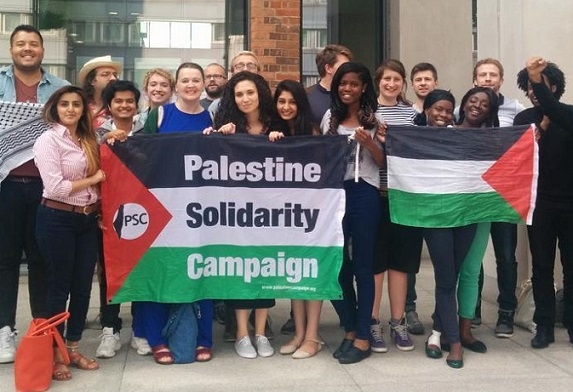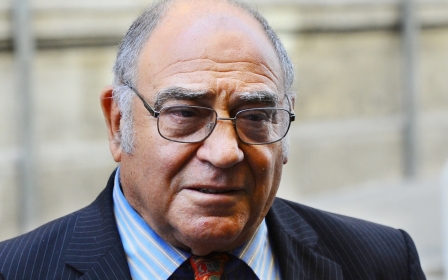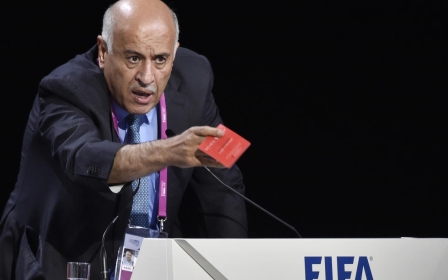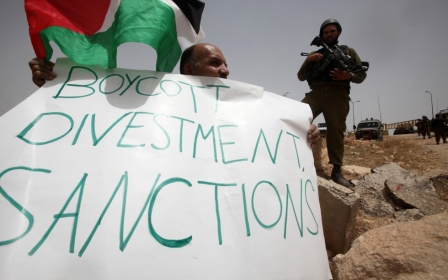UK student union pro-BDS vote causes major stir in Israel

The UK’s National Union of Students (NUS) vote on Tuesday night to reaffirm its support of the BDS movement is causing a major stir in Israel, days after the government formed a new anti-boycott taskforce.
The executive council of the NUS, a confederation of 600 student unions which represents seven million members, voted 19 to 14 to support the boycott late Tuesday.
The vote was the lead story on Channel Two’s main news show in Israel on Tuesday evening and garnered criticism from several politicians who took to the airwaves.
Yesh Atid party leader Yair Lapid called on the UK government to condemn the vote and said he would raise it with politicians next month in a scheduled visit to the UK.
“Yesh Atid sees this fight against attempts to boycott Israel as a top priority in the international arena,” he told website Jewish News.
Science, Technology and Space Minister Danny Danon reportedly plans to convene the heads of Israel’s universities next week to discuss how they can defeat boycotts directed at the country’s academics, scientists and researchers.
“Unfortunately, we have to deal with organisations and agencies that have made it their mission to undermine Israel rather than promote research and development,” Danon is reported to have said.
An analysis in Haaretz on Wednesday morning said Netanyahu’s focus on the movement had created its first success, shifting “a nuisance perhaps even a danger” to an “existential threat on a par almost with Iran and Hezbollah”.
Omar Barghouti, a founding committee member of the Palestinian Campaign for the Academic and Cultural Boycott of Israel, told MEE: "While the global, Palestinian-led BDS movement for Palestinian rights has proven to be a truly tough challenge for Israel's regime of occupation, settler-colonialism and apartheid, we think there is substantial exaggeration in the recent panic-driven, racist and patently propagandistic Israeli attack on the movement."
"Placing a nonviolent human rights movement that seeks freedom, justice and equality on par with the so-called Iranian 'nuclear capacity' as a "first-rate strategic threat," as Israeli President Reuven Rivlin announced a few days ago or as the new minister of strategic affairs and public security in the far-right Israeli government Gilad Erdan tweeted on his first day on the job reflects Israel's failure in hindering the fast growth of BDS. It also betrays Israel's inherent inability to face such popular, anti-racist, human rights-based and nonviolent challenges to its regime of oppression."
Alaa Tartir, programme director at Al-Shabaka: The Palestinian Policy Network, said what might appear to be a sudden Israeli push back is, in fact, a strategy that started with the first intifada when Palestinians called for Israeli boycotts. The country has dedicated budgets and teams to combatting BDS for years because officials believe it poses a serious threat, Tartir said.
"Israel genuinely believes that the BDS movement is successful in exposing it and its occupation and apartheid structures globally, and had an impact on the international consciousness," he said.
Particularly for young Palestinians, Tartir said, the BDS movement is a source of hope and inspiration and a push back will only strengthen it.
"More people will join forces to own the process of change and to persist in resisting the occupation until they acquire their rights," he said.
The union's vote comes less than a week after the Palestinian Football Association (PFA) abruptly dropped its push to have the Israeli Football Association (IFA) expelled from FIFA.
Frustrated with the restriction on the movement of Palestinian players and the participation in the Israeli championships of five clubs from Jewish settlements in the West Bank, among other issues, the PFA had campaigned on the issue since at least 2012.
But on Friday, the organisation ended its bid after the IFA offered a set of compromises the night before the vote was scheduled to take place at FIFA’s 65th congress in Geneva.
Despite the end of the PFA’s campaign and a compromise between the two football organisations, the vote created “quasi-hysteria” in Israel, MEE contributor Meron Rapoport wrote from Tel Aviv.
Israeli Prime Minister Benjamin Netanyahu recently appointed Deputy Foreign Minister Tzipli Hotovely and Miri Regev, Minister of Culture and Sport, to start a task force charged with preventing and fighting boycotts against the country.
Hotovely also criticised the NUS vote: “We will do everything we can to wipe out this phenomena, and as such we request your support in this important struggle,” she told Canadian foreign minister Rob Nicholson who is currently visiting Israel in a meeting on Wednesday.
Middle East Eye propose une couverture et une analyse indépendantes et incomparables du Moyen-Orient, de l’Afrique du Nord et d’autres régions du monde. Pour en savoir plus sur la reprise de ce contenu et les frais qui s’appliquent, veuillez remplir ce formulaire [en anglais]. Pour en savoir plus sur MEE, cliquez ici [en anglais].




